Cats are known for their mysterious personalities, but one behavior that often puzzles pet owners is excessive meowing. While meows are a normal way for cats to communicate, constant or unusual vocalization can be concerning. If you’ve been asking, “Why my cat meows so much?” or “Why does my cat keep meowing for no reason?”, this article will help you understand the causes and solutions.
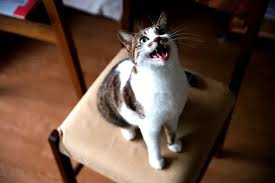
Common Reasons Why Cats Meow a Lot
1. Hunger or Thirst
Why Cats Meow Too Much .If your cat meows around the food bowl or kitchen, it’s likely asking for a meal. A proper feeding schedule ensures your cat doesn’t cry for food all the time. Thirst can also trigger vocalization, so make sure fresh water is always available.
2. Attention-Seeking Behavior
Cats are often seen as independent, but many crave attention. A cat may meow when it wants to play, cuddle, or simply have your company. If your cat meows more when you’re busy, it’s probably trying to get noticed.
3. Loneliness
Indoor cats left alone for long hours may feel bored or lonely. Excessive meowing can be their way of saying, “I need interaction.” Providing toys, scratching posts, or even adopting another pet can reduce loneliness-driven meows.
4. Stress or Anxiety
Changes in the home environment—such as moving, new pets, or loud noises—can cause stress. Stressed cats often express their discomfort through frequent meowing. Offering a safe, quiet spot can help calm them down.
5. Medical Issues
Sometimes a cat keeps meowing for no apparent reason, but the truth may be hidden in health problems. Conditions like hyperthyroidism, high blood pressure, or urinary tract infections can cause constant meowing. If your cat suddenly changes its voice or cries more, consult a vet.
6. Aging and Cognitive Decline
Older cats often suffer from disorientation and memory problems, similar to dementia in humans. They may meow excessively at night, appearing confused or restless. A vet can suggest treatments to make senior cats more comfortable.
7. Mating Behavior
Unspayed or unneutered cats are naturally more vocal during mating seasons. Females may yowl loudly to attract males, while males respond with constant meows. Spaying or neutering usually solves this issue.
Why Is My Cat Crying at Night?
Many cat owners complain about “cat crying at night.” Nighttime meowing can be caused by hunger, boredom, or the natural hunting instinct cats have. Senior cats may also cry due to confusion at night. To minimize this, ensure your cat is well-fed, stimulated with play before bed, and has a comfortable sleeping area.
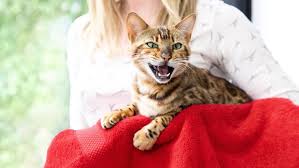
Cat Voice, Meows, and Snoring
Cats use different voices and meows to express various needs—from soft chirps to loud cries.Recognizing your cat’s sounds helps strengthen your bond and improve communication. Some cats also snore when sleeping, which can be normal if occasional. However, constant snoring may indicate obesity, allergies, or nasal issues, and a vet checkup may be needed.
Related Health Concerns: Hair Fall and Cramps
Interestingly, many pet parents searching for cat behavior also wonder about their own health issues. Just like cats, humans show symptoms for different reasons:
Women’s hair falling reasons: Hair loss can result from stress, hormonal imbalance, nutritional deficiencies, or genetics.
Causes of calf cramps: These are often linked to dehydration, muscle fatigue, or poor blood circulation.
Paying attention to both pet health and personal health ensures a happier lifestyle for everyone at home.
How to Manage Excessive Meowing
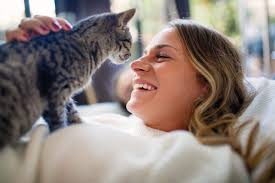


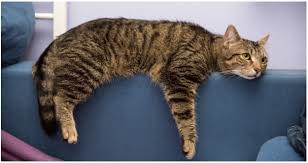
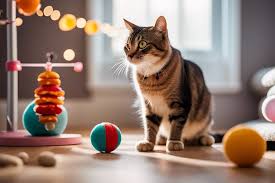
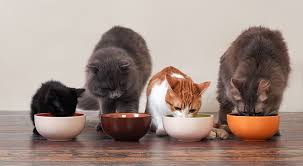
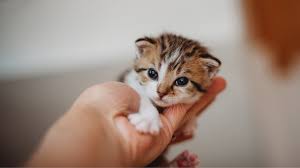

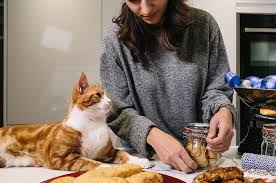
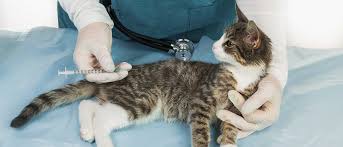
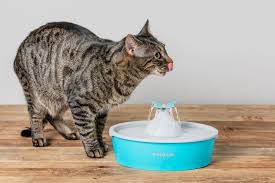

Leave a Reply